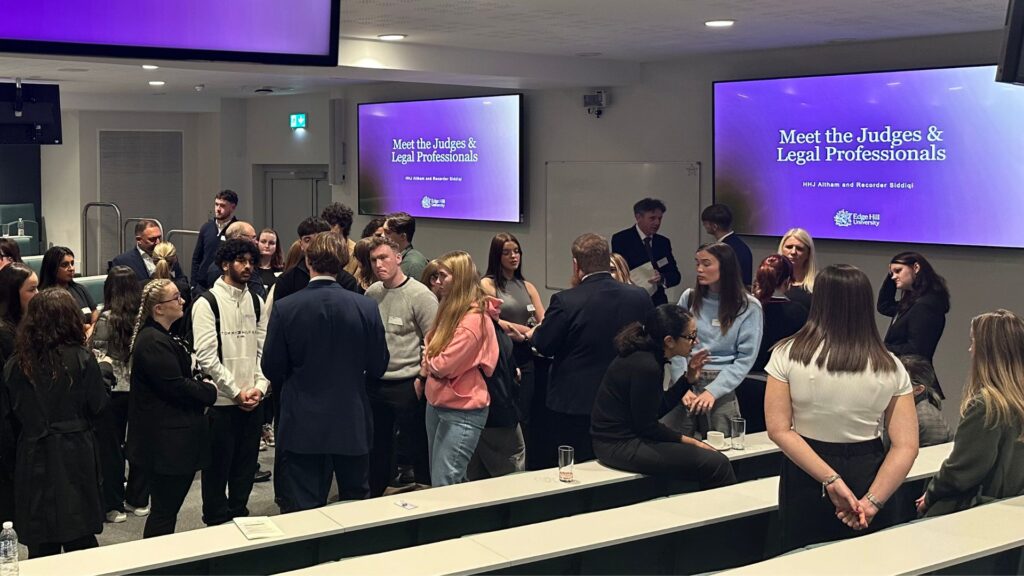Cristiano Ronaldo’s televised interview with Piers Morgan, aired in November, drew the curtain on the player’s second coming at Manchester United.
In the 90-minute interview, Ronaldo launched an attack on his then employer. It was reported that, due to the interview, the club was exploring the possibility of dismissing Ronaldo. Yet within days, Manchester United announced that both parties had agreed to terminate the contract.
Why was dismissal discounted in favour of an apparently more pragmatic solution?
When navigating disputes between employers and employees, all roads lead to the contract of employment. Although professional footballers are atypical employees, employment relations with their club are regulated by a contract. In their case a standard Premier League employment contract, which is signed by all Premier League players, including Ronaldo.
Among other things, this contract expressly specifies the duties and obligations of the player and the club, and the circumstances in which the contract can be terminated. According to the standard contract, players are required not to do, say or write anything which is likely to cause damage to the club, its officers or employees.
In Ronaldo’s interview, he made a number of statements that could be interpreted as amounting to a breach of this express contractual term. He made mention of being “forced out” and being “betrayed” and declared that he does not “have respect” for Erik ten Hag, Manchester United’s manager.
According to the standard contract, Ronaldo was also required, whenever circumstances permit, to give the club reasonable notice of his intention to speak to the media. It is not known whether Ronaldo satisfied this requirement.
What doesn’t the contract say?
In addition to those terms that are expressly provided for in the contract, certain terms are implied in the agreement between the parties. Of particular interest is the duty owed by both club and player not to behave in such a manner that results in a breakdown of mutual trust and confidence between them.
For there to be such an erosion of trust requires a high threshold of severity. If – as commentator Jamie Carragher has suggested – Ronaldo’s interview was calculated to destroy his relationship with Manchester United, so as to agitate for a move away from Old Trafford, the threshold would arguably have been met and a dismissal potentially justified.
This is despite the widely used practice in professional football in which players, and indeed clubs, seek to destabilise relations in order to affect a transfer or contract re-negotiation. In the case of Kevin McBride v Falkirk Football and Athletic Club, the employment appeals tribunal dismissed reliance on industry norms as justification for a breach of the mutual trust and confidence duty.
Are footballers often sacked?
The standard Premier League contract permits clubs to terminate the employment of the player for reasons of gross misconduct or for a failure to heed a final written warning. Contract termination, and its consequences, is also regulated under Fifa’s regulations on the status and transfer of players, notably the right to dismiss for “just cause” which involves persistent poor conduct on the part of the player.
In football, it is more common for managers, not players, to be sacked. This is usually on the grounds of poor performance. Given the existence of a transfer system for players in which clubs can only receive a transfer fee for a player under contract, clubs often choose pragmatism (moving a player onto to another club) over dismissal.
Nevertheless, a number of high profile players have been dismissed. Dennis Wise was sacked by Leicester City for fracturing the cheekbone of a teammate during a pre-season tour in 2002. Although striking a colleague is likely to amount to a fair reason in law to dismiss, Wise succeeded in an unfair dismissal claim on procedural grounds.
Pragmatism often prevails
Wise’s case highlights why, despite their obvious indignation at Ronaldo’s remarks, officials at Manchester United preferred pragmatism, the mutual termination solution.
If dismissed, Ronaldo would have been entitled to a disciplinary and appeals process which would have created more uncertainty and instability at a time when the owners of Manchester United were seeking new investment or the sale of the club and the manager was trying to build on a recent improvement of form.
In his interview, Ronaldo made mention of a perceived lack of empathy from the club regarding the health of his daughter. He also criticised the state of the club’s health facilities.
Although Ronaldo was not explicit on this point, such statements could be interpreted as implying that the club was in breach of its contractual duty to care for players. Regardless of the veracity of such claims, officials at Manchester United might have calculated that they did not want such issues being aired any longer, particularly if termination by mutual agreement could be achieved without a financial settlement in favour of the player.
Given that Ronaldo had expressed his desire to leave the club, and only had seven months remaining on his contract, pragmatism prevailed.
This article is republished from The Conversation under a Creative Commons license. Read the original article.
November 28, 2022


